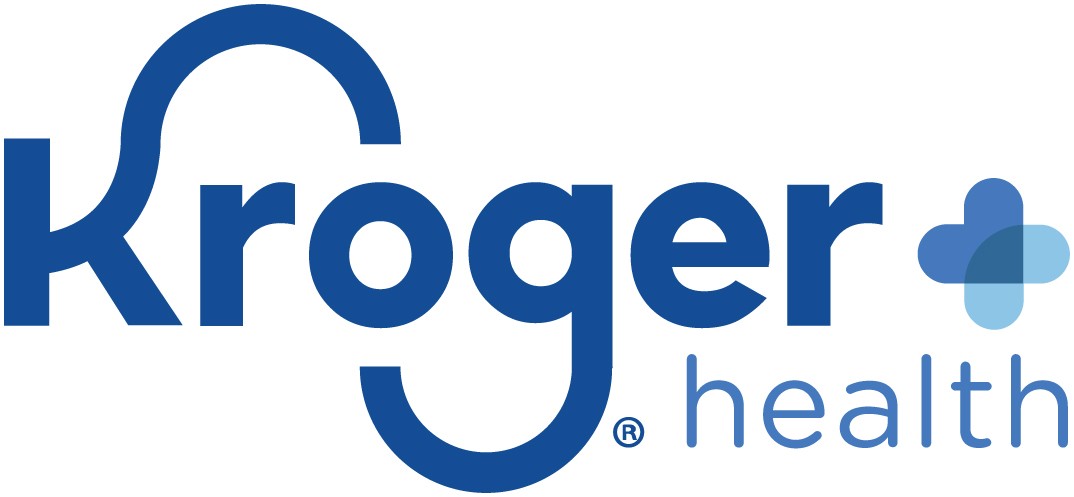At some point after our 20s or 30s, birthdays tend to become a little less exciting. That’s because most of us have bought into the belief that it’s all downhill after a certain age—especially when it comes to how we look. While aging is inevitable, you can maintain glowing, healthy skin. And you don’t need expensive serums and moisturizers for a vibrant complexion, says registered dietitian nutritionist Lee Cotton. It’s all about eating foods for healthy skin.
“Nutrition is one of the key factors for keeping skin healthy as we age,” says Cotton. “It can influence hydration, cell turnover and inflammation,” which are all key components of a healthy complexion. The food we eat can also help mitigate stress, which also plays a big role in skin health as we age, says Summer Ashley Singletary and Sarah Kate Benjamin, authors of The Kosmic Kitchen Cookbook: Everyday Herbalism and Recipes for Radical Wellness (Roost, 2020).
“Stress is a big reason why our bodies break down spiritually, emotionally and physically,” says Singletary. “Certain foods not only help manage the body’s stress response, but they also help the digestion and immune system, which promotes healthier aging.”
After all, much of what you see on the outside of your body reflects what you put in your body. Which is why these foods—along with a balanced diet that includes a variety of macronutrients and micronutrients—truly nourish you from the inside out.
Salmon
Under your outermost layer of skin is a webbing of elastin and collagen—proteins that help keep skin firm and bounce back into place if its been stretched. As you get older, this network of proteins weakens and skin loses its plumpness. Omega-3 rich salmon is filled with healthy fatty acids that help keep the skin’s fat (a.k.a. lipid) content healthy and strengthen the skin’s barrier that tends to thin with age, says Cotton.
Green, Leafy Vegetables
Free radicals are unstable molecules that roam around our bodies damaging healthy cells. The reason they’re unstable is because they’re missing an electron—and so they try to steal an electron from stable molecules (ones with both a proton and electron) in an effort to stabilize themselves. If free radicals succeed in robbing an electron from a stable particle, then that previously stable particle becomes a free radical, ultimately creating more free radicals in the body. This free radical cascade damages our skin’s DNA, resulting in premature wrinkles, uneven skin tone and dullness.
The good news is that you can decrease free radical damage with foods that contain flavonoids, carotenoids and antioxidants—and leafy greens are a powerhouse for all three, says Cotton.
Pumpkin Seeds
These tasty little seeds are jam-packed with vitamin E, an antioxidant that’s known for its ability to boost collagen, says Cotton, which can reduce the appearance of fine lines. Pumpkin seeds are also loaded with zinc, which stimulates the body’s immune response and protects cells against free radical damage.
Acai Berries
This fruit from the Amazon is rich in antioxidants that’ll help you fight complexion-wrecking free radical damage, says Cotton. “Acai is also high in vitamin C, which is beneficial for collagen production,” she adds.
Herbal Adaptogenic Teas
Adaptogens strengthen and regulate body systems by increasing the body’s ability to resist emotional, physical, biological and environmental stressors, says Benjamin. “Most adaptogens are believed to work hand in hand with the central nervous system and also help regulate hormones,” she adds, all of which can help promote healthy skin. Just keep in mind that it usually takes at least a few months of consuming adaptogens (like ashwagandha, maca, shatavari and tulsi) to feel or see major changes—especially if your body was initially depleted, adds Singletary.
Electrolyte Water
When we aren’t well hydrated, it can result in irritability, anxiety or dry skin. And because skin tends to naturally become dry as we get older, doing what we can to stay well hydrated can help our complexion. The easiest way to get a boost of hydration is to add natural salt (not table salt!) to your water—ideally about 1/4 to 1/2 teaspoon per 16 ounces of H2O, says Singletary. “It should taste slightly saline, but not like ocean water,” she says. “Start on the lower end of dosage and see how your body reacts.”
Salt is a mineral that ionizes in water, creating an electrical charge that helps the body’s cells function optimally—ultimately helping us absorb and hold more water. “Remember, hydration isn’t just about how plump your skin looks or how many wrinkles you have,” says Benjamin. “Being well hydrated can help your body cope with internal stress, which will have a positive impact on how you look and even more importantly, how you feel!”
Learn how Kroger is helping people to live healthier lives at krogerhealth.com







